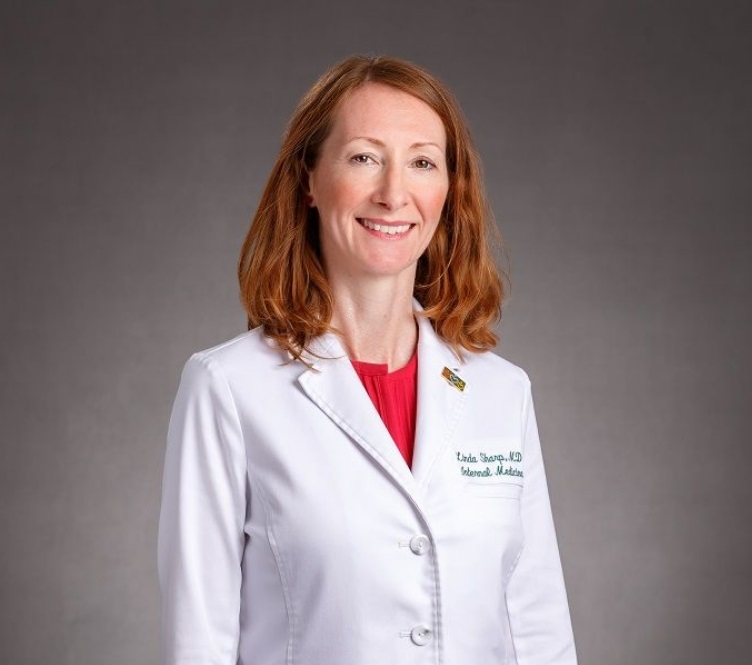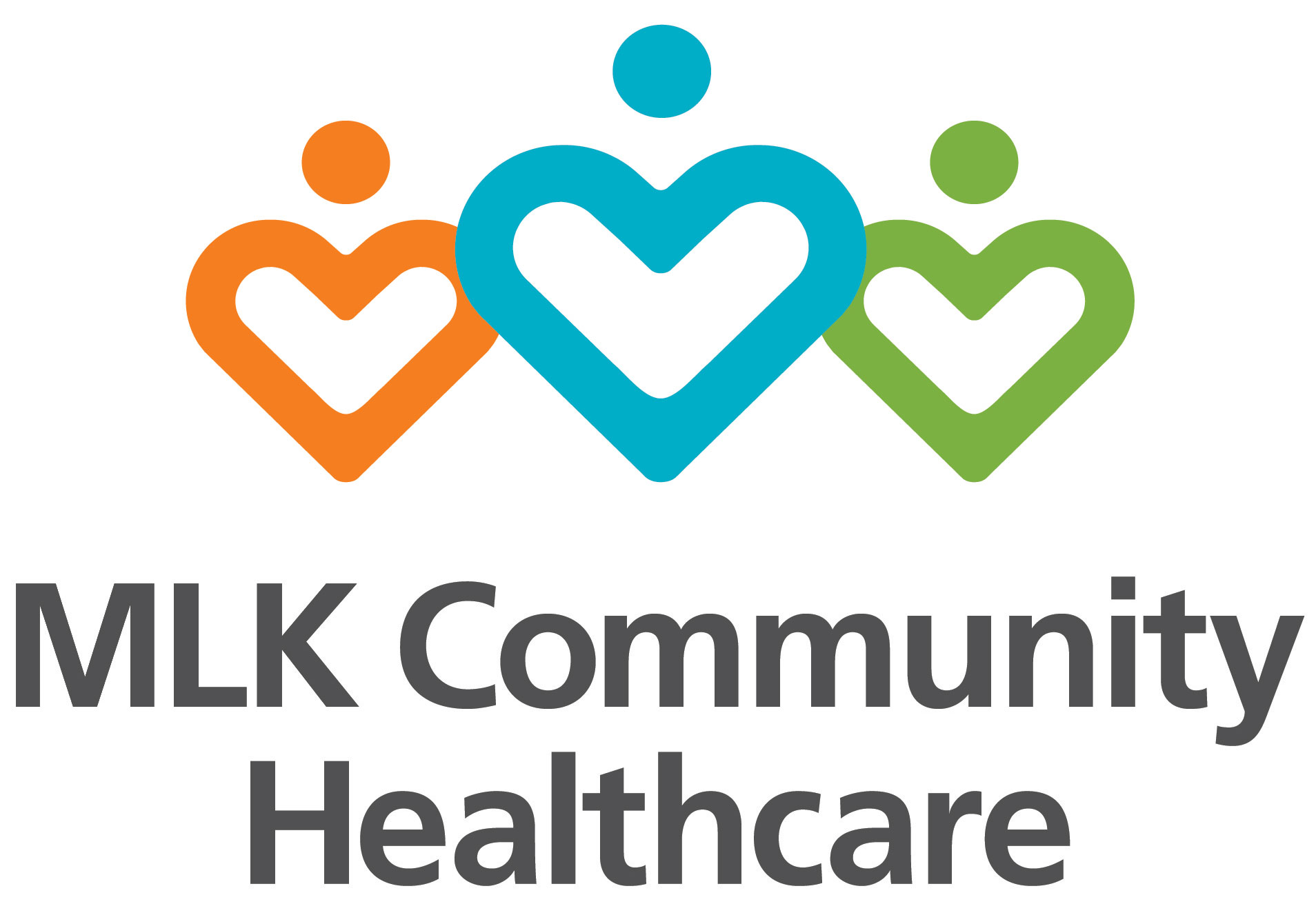
“We want our physicians to become conscious, conscientious providers who understand the connection between social realities and the health of individuals and communities.”
Dr. Linda Sharp believes that being a physician goes beyond the provision of good medical care. In communities like South LA, it requires a broader awareness of the social determinants, historical impediments and other root causes of disease. In this brief interview, she describes her passion for social medicine and the multifaceted nature of training at MLKCH.
Why were you drawn to working at MLKCH or what makes you want to stay long terms at MLKCH?
I love the mission of MLKCH and I am committed to health equity and access to quality health care as fundamental human rights. I really enjoy being part of the team providing excellent care to the community we serve.
What are some essential values you would like to pass on to the residents joining MLK?
I hope I can help providers to be caring, compassionate, generous, inclusive, and to practice with fairness, integrity and transparency.
What type of physicians would you hope our residents would become?
We want our physicians to become conscious, conscientious providers who understand the connection between social realities and the health of individuals and communities, and who are able to provide holistic and comprehensive care.
What differentiates MLK from other residency program?
We are a new program, and we are full of energy and excitement about the learning opportunities available. We offer comprehensive community based primary care, complex chronic disease management, with an emphasis on the social determinants of health. Residents will also have a tremendous experience in infectious disease, cardiology and pulmonology to name a few. We can’t wait to share these experiences and learning opportunities with residents!
Why did you want to be a core faculty member?
I am a life-long learner and I am dedicated to teaching clinical medicine. I have had amazing mentors during my career who have taught me so much, and I want to have the opportunity to share what I have learned with the next generation of health providers.
How will our residency program benefit the community of South Los Angeles?
By understanding the social determinants of health and its relationship to clinical care, our residents will be able to practice in a comprehensive manner that addresses the root cause of disease and illness. When health providers understand and practice medicine in this way, they will be better able to advocate for the health and wellbeing of the community and to fight the health and social inequities that have existed in the United States for generations.
What do you do outside of practicing medicine, to stay healthy – physically, mentally, emotionally?
I like to read, listen to music, and to dance.
Where do you draw your inner strength from to give your best to the patients?
The values of liberation theology and liberation medicine help me tremendously in my professional life. I have a variety of friends, colleagues, and mentors that also share these interests, and this community of practice has been my biggest source of strength and guidance.
Where did you grow up?
I grew up in rural western Sonoma County in a small town called Graton, CA.
